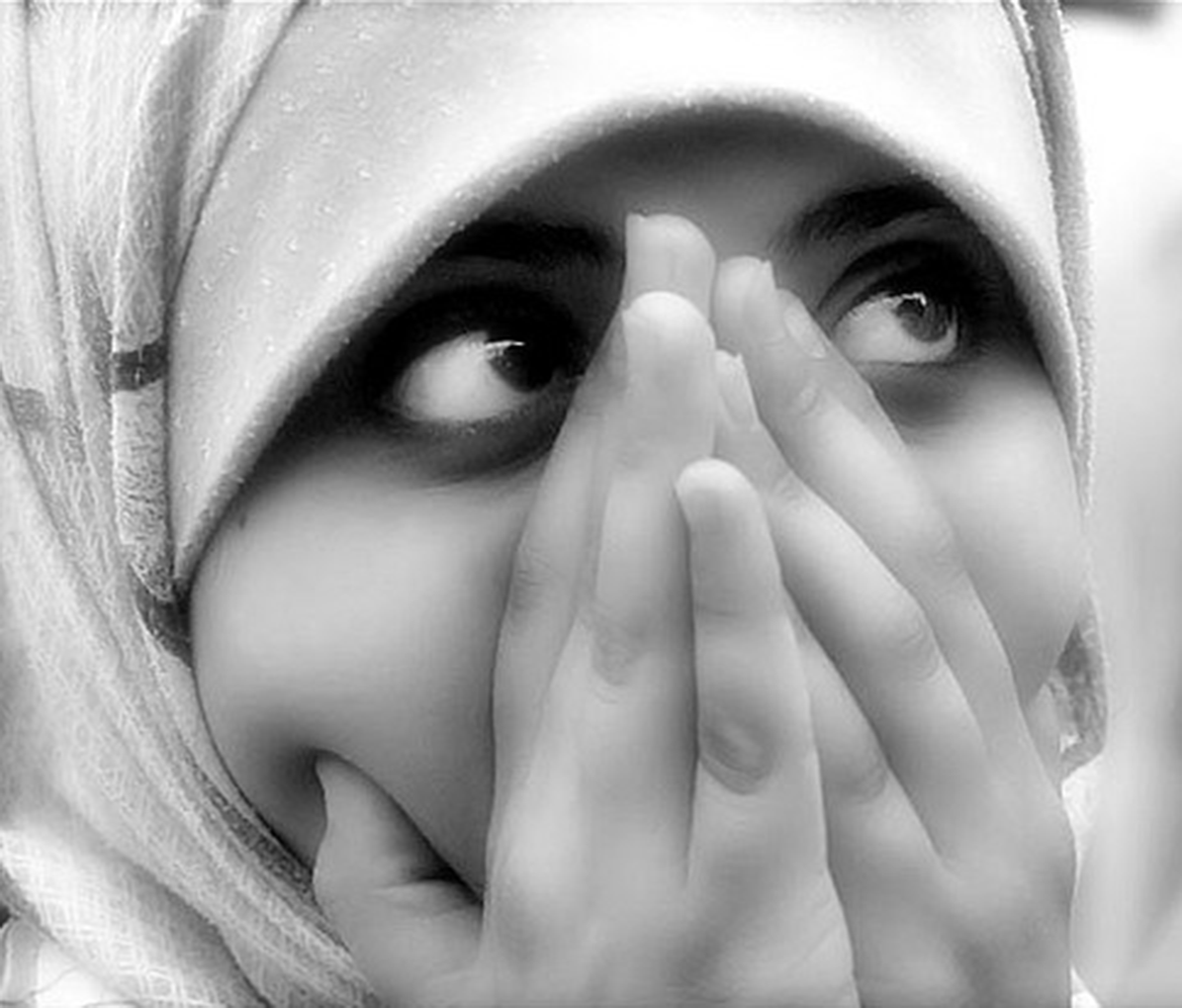The innocence of Muslims, the guilt of social media
In June of 2012, a low-budget YouTube film, “The Innocence of Muslims,” was released depicting the Muslim religion through an anti-Islamic, Western perspective. Nakoula Basseley Nakoula, an Egyptian-born Coptic Christian, illustrated his disgust for the Muslim faith with terrible sets, a lackluster cast and an atrocious blue-screen desert.
However, when the film was translated into Arabic and reposted on YouTube, viewers were offended by more than the quality of the film. Protests opposing disrespect of the Muslim faith erupted in 33 countries around the world, including Canada and Australia. Depictions of the Islamic Prophet Muhammed as a fraud, a womanizer and a child molester provoked the chanting of “death to America” in Afghanistan and the killing of the United States Ambassador to Libya last week. As protests continue to grow and controversy continues to escalate, YouTube has blocked the video in both Egypt and Libya. This censorship forces the generation of social media contributors to question their own contributions in terms of quality, content and global significance as well as the importance of free speech in an increasingly interconnected world.
Social media enhances freedom of speech—blogging is an outlet for anyone with internet access, YouTube gives voice to anyone with a camera and Twitter grants fame to anyone with 160 characters of insight. While the quality of this speech is questionable, the value of a virtual citizen’s forum is significant. Citizen journalism provides personal perspectives that would otherwise remain unheard. In a world full of opportunities to voice one’s opinion and challenge dominant ideology, freedom of speech is of the utmost importance—whether the challenge presented is appreciated, respected or shared. After all, the first amendment exists to protect, not the speech you love, but the speech you hate.
Despite the importance of freedom of speech, the power of independent internet creations draws a thin line between free speech and societal endangerment. In the case of “The Innocence of Muslims,” an independently produced film garnered popularity on YouTube, and, due to controversial content, heightened hostility, triggered attack and threatened the security of an entire nation. While a YouTube video gone “viral” usually has a positive connotation—the Jenna Marbles phenomenon or the Gangnam Style craze—in this case, the virus was a fatal disease. As social media connects cultures, videos like “The Innocence of Muslims,” becomes misinterpreted as the opinion of an entire nation. A single YouTube post endangers an entire population, just as yelling fire in a crowded room endangers the crowd and as social media continues to expand, the crowd and the threat both grow. Although YouTube and other social media websites advance the venues to voice opinions and the opportunities to express freedom of speech, YouTube should face no criticism for censoring a post that not only yelled fire, but started fires in 33 separate protesting countries.
“The Innocence of Muslims” is offensive in both quality and content and holds terrifying implications for the future of American foreign relations. However, the implications of freedom of speech and social media networks are just as significant. As the citizen’s soapbox grows taller and wider, the significance of each voice, perspective and individual necessitates a shift in perceptions regarding freedom of speech.

I was deeply disturbed when I read this article. Are you seriously attempting to defend the ridiculous acts of violence and protest committed by Muslims in response to this innocuous bit of criticism? If you’re familiar with the Qur’an and the Hadith, you’d know that Muhammad was certainly a “fraud,” “womanizer,” and “child molester”–and so are many of his followers living in the Middle East. These are legitimate criticisms of him and the faith.
Let’s be clear–“A single YouTube post” did not endanger “an entire population,” the violent response of muslims did. Religion is the problem here, not the social media. You say the movie was analogous to yelling “fire” in a crowded room. This is not at all a fair analogy. Committing such a prank is simply spreading a lie for your own personal enjoyment, whereas “The Innocence of Muslims” sought to criticize and ridicule an evil system of superstition responsible for countless crimes against humanity. I ask you again, do you really mean to defend this religion that sees fit to kill in the name of an invisible space man?
Furthermore, freedom of speech is a basic human right and it involves the freedom to criticize anything and everything. No, religion does NOT get special immunity from criticism no matter how many people are offended. Islam should be heavily criticized for the plethora of evil committed in its name. I hear statements that offend me all the time, but I don’t threaten or condemn anyone as a result of it. You have every right to ridicule my views and opinions–and I wouldn’t have it any other way. Argument, criticism, and even ridicule are vital for progress in our global discourse. If anything, religion should be subject to more criticism than anything else so that we can start challenging its privileged place in society. Honestly, if muslims are bothered by criticism of their faith, their faith can’t be very strong.
2012 yılında reklamlara çıkan tüm dini ürünleri bulabileceğiniz, en güvenilir adres…. ” wwww.ilahisetleri.com “
This makes me angry, there should be more tolerance in the world
This hurt some of the islam because it is beyond to destroy their image but some who truly believe would cast this nonsense movie